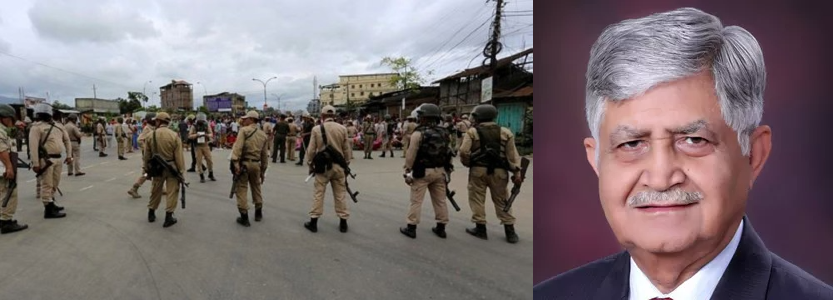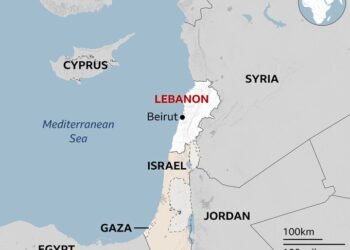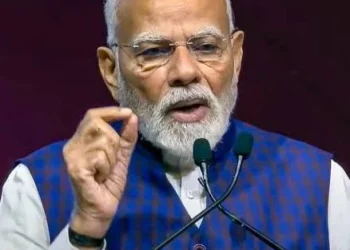As Manipur plunges deeper into turmoil, ethnic violence between Kukis and Meiteis exposes the failure of governance in one of India’s most sensitive regions. Former Army Chief General Ved Prakash Malik, renowned for his leadership during the Kargil War, calls for decisive action under Article 356
By PC Bureau
As Manipur continues to spiral into chaos, the prolonged ethnic violence has cast a harsh spotlight on the apparent inability of the elected state government to address the crisis. In a hard-hitting interview with Sunday Guardian, Former Army Chief General Ved Prakash Malik, who commanded the Indian Army during the Kargil War of 1999, voiced his concerns, stating, “The time has come to bring in a change of guard in Manipur.”
Drawing from his extensive experience in the Northeast during his service, General Malik emphasized the need for immediate intervention under Article 356 of the Constitution. “We should have President’s Rule under Article 356. The time has come to establish Governor’s rule with an effective unified command under him,” he said.
Excerpts from the Interview
Q: What is your assessment of the ongoing ethnic turbulence in Manipur? How do you see it?
A: The situation in Manipur is deeply tragic and has persisted for 17-18 months, with violence showing no signs of abating. The conflict, primarily between the Kukis and Meiteis, has devastated lives. Many have been killed, homes destroyed, and countless people displaced into shelter homes.
The current elected government has failed to control the situation, allowing the violence to escalate. At this stage, I believe it is imperative to impose President’s Rule. A unified command structure under the Governor would enable better coordination among paramilitary forces, the local police, Assam Rifles, and, if necessary, the army.
The immediate priority is to halt the violence and address issues like infiltration from Myanmar. Once law and order are restored—through measures such as recovering stolen weapons—we must focus on rebuilding trust and initiating political dialogue. However, this cannot happen under the current state government, as there is a complete lack of trust in its leadership.
Q: Recently, the Centre deployed nearly 5,000 additional paramilitary troops. Do you think this can bring peace?
A: Deploying more troops alone will not solve the problem. The real issue is the lack of effective command and coordination. If leadership is ineffective, no amount of troop deployment will yield results.
The additional troops are being brought in from other regions, but they will take time to understand the ground situation. What we need are personnel who are familiar with the dynamics of the region and the functioning of these tribes.
The situation in Imphal is a case in point—if the Chief Minister’s residence can be attacked by militants, it speaks volumes about the complete breakdown of control in the state.
Q: Many argue that the lack of coordination between the State Government and the Centre is a major reason for the clashes. What’s your take?
A: There has undoubtedly been a significant lack of coordination between the State and the Centre. The Chief Minister has been ineffective in managing both state-level affairs and relations with the Centre.
A change in leadership is essential—one that is impartial and capable. The solution lies in establishing Governor’s rule with an effective unified command. The current leadership is unable to meet the demands of the crisis.
Q: Do you think imposing AFSPA in certain districts could help resolve the crisis?
A: AFSPA is not a catch-all solution. It merely provides legal authority to the armed forces for conducting operations and tackling militants under specific conditions. While it facilitates military operations, it is not the answer to the underlying issues.
General Malik’s Call for Action
General Malik’s candid remarks highlight the urgency of decisive action in Manipur. His suggestion for President’s Rule under Article 356, coupled with an impartial leadership and a unified command structure, underscores the critical need to restore law and order.
As Manipur grapples with its deepest crisis, the path forward must balance immediate security measures with long-term efforts to rebuild trust and address the root causes of the violence. Without these steps, peace and stability will remain elusive.














